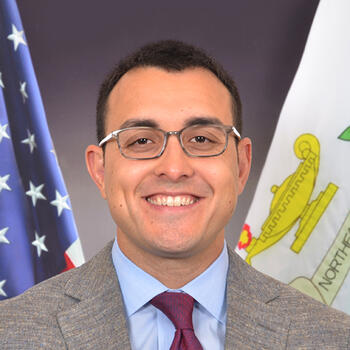Rival Reputations: Coercion and Credibility in US-North Korea Relations
Friday, February 26, 201612:00 PM - 1:15 PM (Pacific)
Encina Hall, Third Floor, Central, C330
616 Jane Stanford Way, Stanford, CA 94305

Dr. Van Jackson is an associate professor in the College of Security Studies at the Daniel K. Inouye Asia-Pacific Center for Security Studies, specializing in East Asian security, U.S. foreign policy, defense strategy, historical institutionalism, and international relations theory. He is also an adjunct senior fellow at the Center for a New American Security (CNAS) in Washington, as well as a senior editor for the online defense daily, War on the Rocks. From 2009 to 2014, Dr. Jackson held positions in the Office of the Secretary of Defense as a strategist and policy adviser focused on the Asia-Pacific, senior country director for Korea, and working group chair of the U.S.–Republic of Korea Extended Deterrence Policy Committee. He has previously taught at Georgetown University and the Catholic University of America, and has held fellowships with the Council on Foreign Relations, CNAS, and Pacific Forum CSIS. He is also widely published in leading disciplinary and area studies journals.
